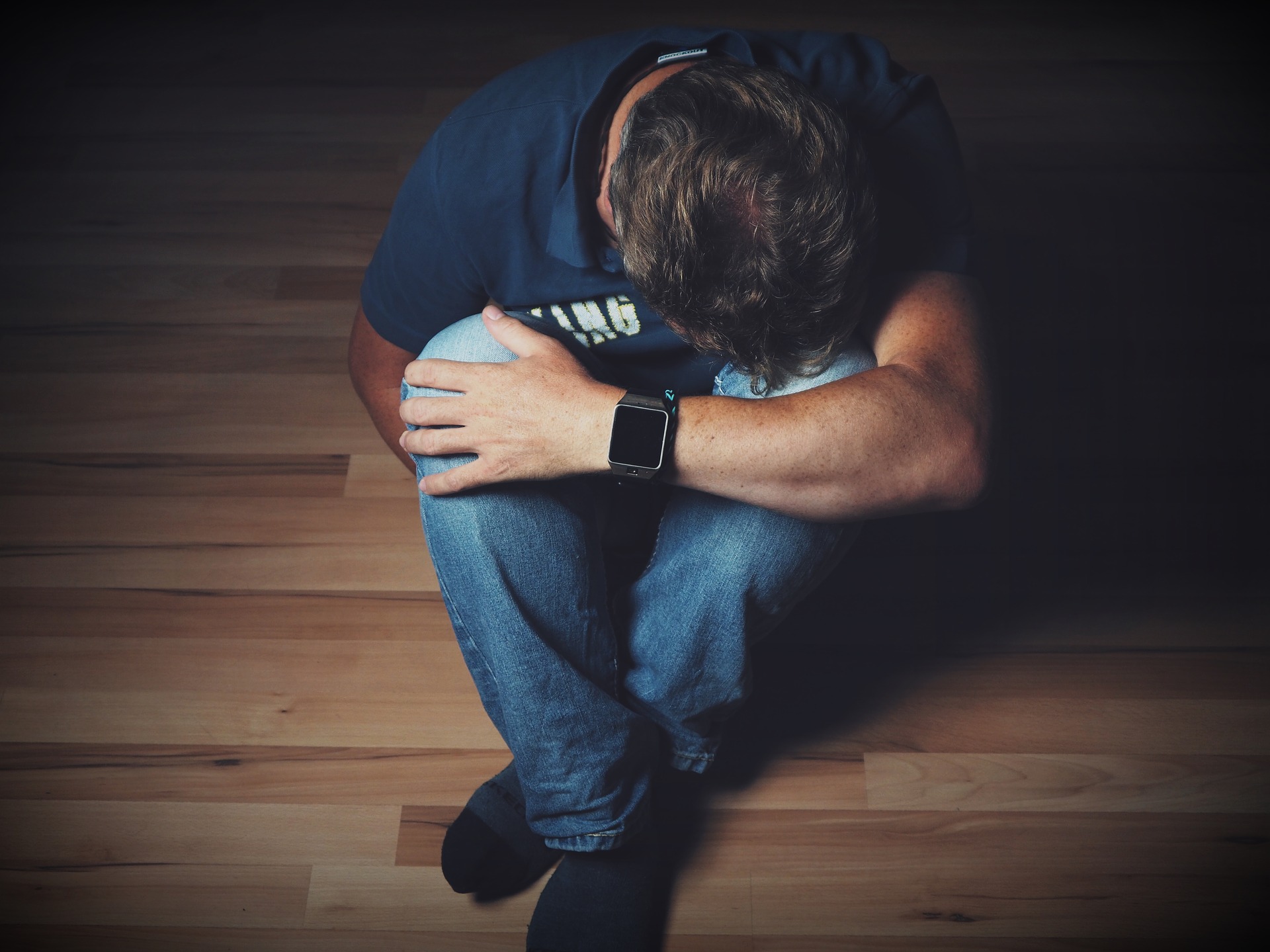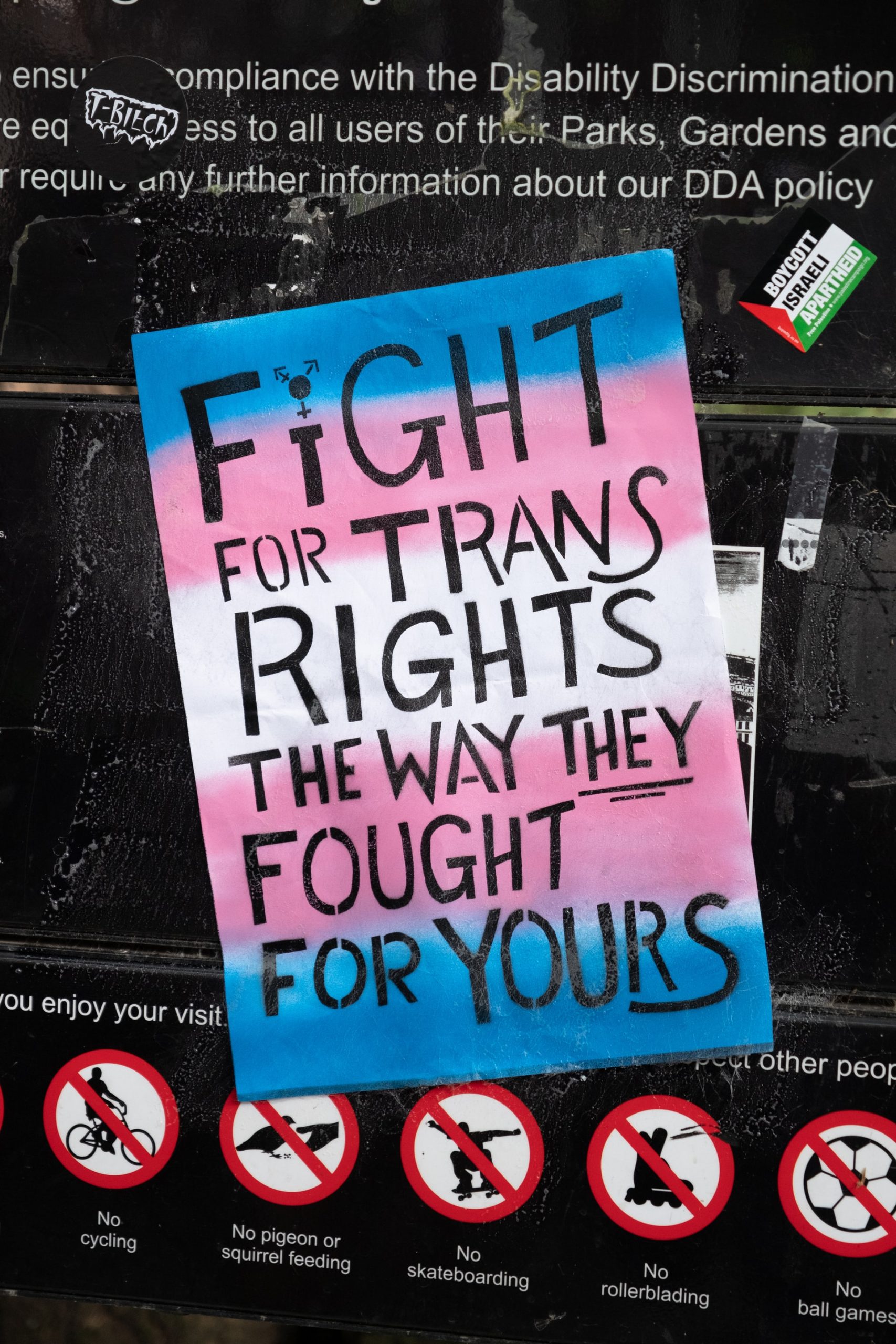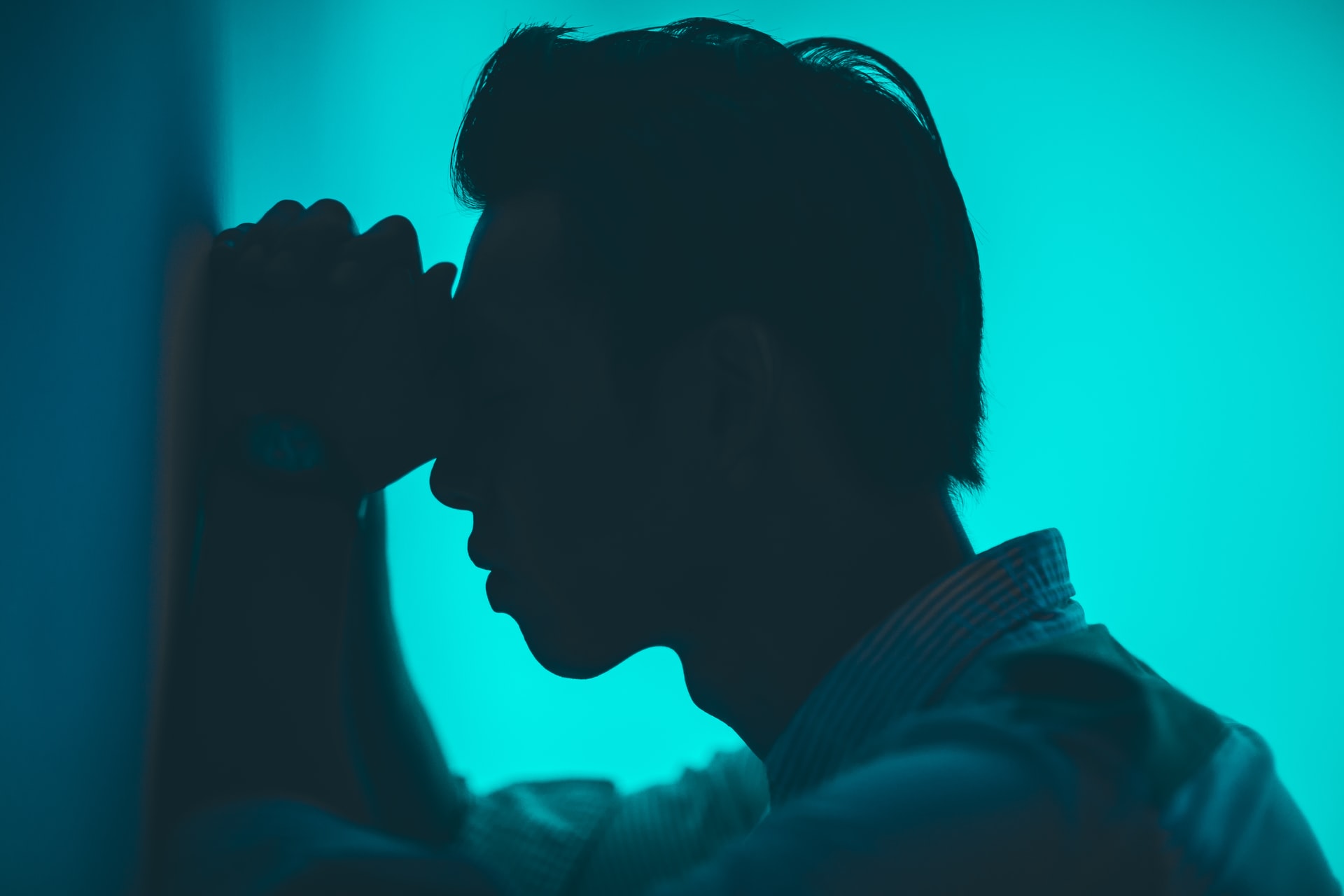
Queer Health Issues: 3 Health Disparities Affecting Queer People
Health barriers can create health challenges, and this is where the issue arises when you are a minority trying to find health. Queer people have and face some pretty unique and complex health needs than their straight and cisgender counterparts don’t face. As a queer person, I feel iffy about going to the doctors, and before I found a doctor that I was conformable with, I rarely went to the hospital.
I didn’t step foot in a hospital for over 10 years, and I would just self-medicate myself, and part of this was because I am a queer, non-binary person of color. So, without further ado, let’s get into the list of disparities that affect queer people in the health care system.
1. Substance Abuse

Okay, studies on this matter are still conflicted, and we don’t have a sure answer whether this is unfounded or not. But the general consensus is that the use and abuse of substances are more prevalent in the queer community. According to a 2018 study by the CDC, 20.5% of queer adults smoked as compared to 15.3% of heterosexual adults.
It is important to note that smoking is related to the increase of coronary heart disease, lung cancer, and strokes. People who identify as gay or lesbian are twice as likely to have a severe alcohol or tobacco use disorder, while people who identify as bisexual are 3 times as likely to have the kind of disorder when compared to their heterosexual counterparts.
2. High rates of mental health conditions

Numerous studies have backed this up, and a large study cohort conducted by Pediatrics found that non-binary and transgender youth are several times more likely to have depressive disorders and Attention Deficit Disorders when compared to cis-gendered youth.
Queer people are twice as likely as their heterosexual counterparts to have mental health disorders in their lifetime. One reason why queer people are more prone to suffer from anxiety, depression, eating disorders, substance dependence, and suicide might be because of systemic oppression.
Health disparities can be another reason why queer people are more prone to mental health issues. For decades now, because of homophobic rhetoric like the lavender scare, queer and trans people alike have grown to mistrust the health care system.
3. Higher rates of STDs

HIV, most commonly known as Human Immunodeficiency Virus, is still a major issue in the queer community even though PrEP and other medications are being used to prevent this. Queer men or men who have sex with other men are the portion of the population who are most affected by HIV in the United States.
According to another 2018 study conducted by the CDC (Center for Disease Control), queer adult men and adolescents made up 69% of the 37 832 new HIV diagnoses that year. They also stated that unprotected anal sexual intercourse is still the riskiest type of sex for getting and transmitting HIV. Most queer men get HIV from having unprotected (such as not using condoms or medicines like PrEP) anal intercourse, and this is why you are recommended to use protection whenever you are having sex, especially casual sex.
Gay men are also at greater risk of being infected by other STIs (Sexually Transmitted Infections) like Chlamydia, gonorrhea, and syphilis. The Journal of Infectious Diseases also found that men who have sex with other men are 20 times more likely to develop anal cancer compared to heterosexual men, and HPV is the recognized cause of this.
As queer people for far too long, we have been made to be afraid of the system that is supposedly there to help us, and this is why we need to take our lives into our own hands. Sound off in the comments section below and tell us if you want to read more about queer issues.
You May Also Like

Amazing Scientific Facts Hidden in the Bible (Part 2)
2022-06-08
The Marvels of Microbiology: Unraveling the World of Tiny Organisms
2024-01-23


3 Comments
Pingback:
Pingback:
Pingback: